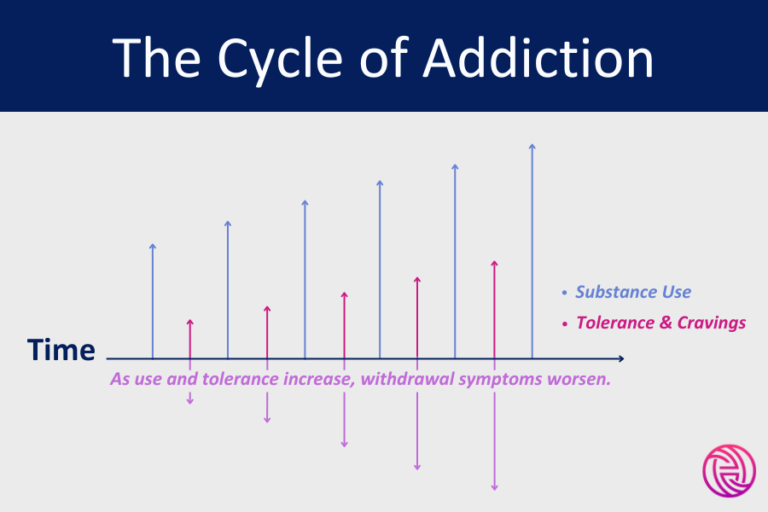Our goal is to provide education and insight on healthcare topics related to Substance Use Disorder. To ensure we provide accurate and trustworthy information, our writers follow strict editorial guidelines.
SFT-J for Criminal Justice Systems
Solution-Focused Therapy for Criminal Justice Systems is when SFT is used specifically for justice-involved individuals to encourage engagement, prosocial behavior, and a reduction in recidivism. This is called SFT-J and was developed by Holon Health in response to the needs of our partners and clients. SFT incorporates Positive Psychology principles and has been shown to be effective for individuals involved in the criminal justice system.
What Came Before SFT-J? Traditional Treatment Options for Justice-Involved Individuals
Traditional cognitive behavioral therapy (CBT), a type of talk therapy, has been the gold-standard of treatment, especially when paired with motivational enhancement or similar iterations like moral reconation therapy (MRT). However, this MRT-forward approach has its limitations and doesn’t work for everyone.
First, this CBT/MRT approach requires that clients have overcome ambivalence about change and also have the cognitive ability to process the reasons behind their behavior. Second, these types of therapy require a deep exploration of past behaviors, including the decisions and consequences of previous actions that are often negative and painful to relive. Lastly, they are typically workbook-based, highly structured, and offered in a group setting that fails to allow for individual empowerment or customization. While group work has its own therapeutic benefits, we often hear our clients express reluctance to engage and a struggle to align with others in a group setting.
As service providers, we always need to be learning about our clients. So, our team took the time to ask clients what they need from treatment and what they want to achieve.
What clients told us they want:
- Empowerment: to be heard, understood, and recognized as unique and different individuals with different needs.
- Respect: to be treated like the captain of their own ship, despite the struggles to stay on course, and help navigating forward.
- Positivity: to be recognized, encouraged, and rewarded for the things they do well, not punished and shamed for the things they’ve done wrong.
Why SFT-J is An Effective Solution for Justice-Involved Individuals with Substance Use Disorder
SFT-J Focuses on Empowerment and Motivation
SFT-J empowers individuals by focusing on their abilities and strengths, which can be particularly motivating for those who feel marginalized or hopeless. This type of empowerment is crucial for individuals with Substance Use Disorder, as it helps them regain a sense of control over their lives and their recovery.
It’s Short-Term and Cost-Effective
Given its brief nature, SFT can be delivered in a relatively short time frame, making it a cost-effective option for the criminal justice system. It doesn’t require workbooks or any staff participation since it’s led by outside providers and works well in a one-on-one setting. This efficiency allows for more individuals to receive treatment without extensive delays or resource burdens.
It Uses a Measurable, Goal-Oriented Approach
SFT-J focuses on setting and achieving short-term goals that can lead to immediate improvements in clients’ lives. This approach fosters a sense of accomplishment and progress and is particularly beneficial in a criminal justice setting, where measurable progress can significantly impact legal outcomes and personal motivation.
Reduction in Recidivism
By addressing the underlying issues of SUD through positive reinforcement and future-focused planning, SFT can help reduce the likelihood of reoffending. This reduction in recidivism benefits not only the individuals involved but also the broader community by enhancing public safety and reducing the costs associated with repeated incarcerations.
Customized and Client-Centered
SFT is highly adaptable and can be tailored to meet the unique needs of each individual. This customization ensures that the therapy is relevant and effective for people with diverse backgrounds and experiences, making it an inclusive approach within the criminal justice system. Clients frequently say they have completed the same program over and over again using the same workbooks with the same content. SFT offers a new approach that is not a one-size-fits-all. Instead, it takes a person-centered approach that empowers clients to think positively about their needs for the future and what is important to them.
Evidence and Case Studies Supporting SFT-J and It’s Success
Numerous case studies and research have highlighted the effectiveness of SFT in treating individuals with SUD within the criminal justice system. One example is a study published in the Journal of Substance Abuse Treatment that found participants who underwent SFT showed significant improvements in substance use outcomes and overall mental health. In another, providers that have integrated SFT into their rehabilitation programs report lower rates of recidivism, lower levels of relapse and higher levels of client satisfaction (Kim, Brook, & Akin, 2016).
Beyond external studies, in offering SFT-J at Holon Health, we have seen improved engagement, retention, and sobriety due to the shift towards client empowerment, respect, and positivity. We have also begun to see cases of reduced probation time for clients who are participating in treatment clinically and engaged with Holon Health. Clinically, it appears that positive psychology, which includes SFT-J, manifests increased success and satisfaction in our client population.
Why It’s Time for SFT-J
Solution-Focused Therapy represents a necessary paradigm shift in how we approach substance use disorder within the criminal justice system. By focusing on solutions rather than problems and empowering individuals to work towards a positive future, SFT offers a humane, effective, and evidence-based alternative to traditional approaches like CBT and its cousin, MRT.
As more courts seek to work with partners who have adopted this approach, we can expect to see improved outcomes for individuals with SUD, leading to healthier communities and a more just and effective criminal justice system. It is time for systemic and systematic change at the intersection of healthcare and criminal justice.
Want to Partner With Holon?
Holon Health bridges the gaps in care between physical, mental, and social health. We know that clients with Substance Use Disorder (SUD) often struggle to navigate the healthcare system and that negative past experiences have made them less likely to engage with providers. By pairing a CBT/SFT-J approach with positive reinforcement via cash rewards, Holon Health creates a therapeutic alliance that engages clients quickly at a significantly higher rate than average. Want to learn more or partner with us? Contact us here or call (877) 465-6650.



